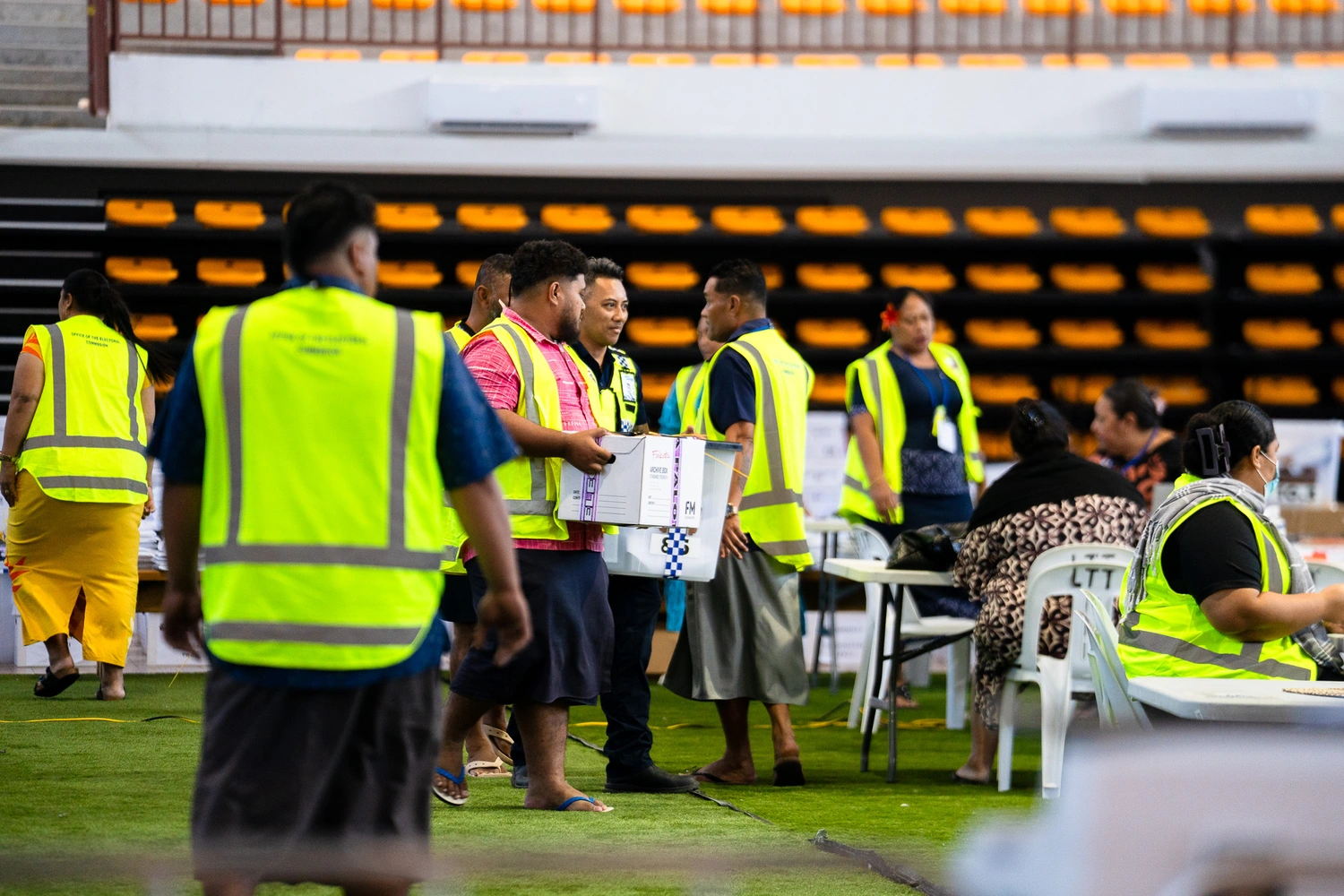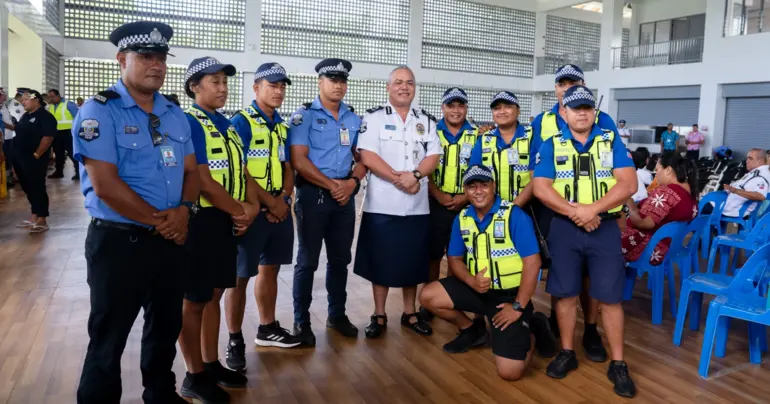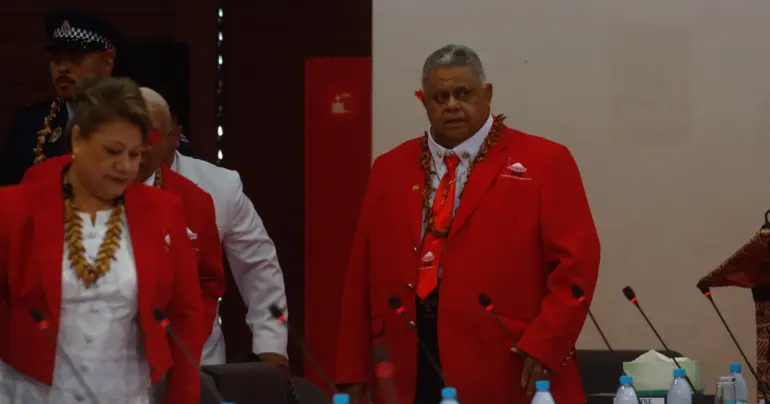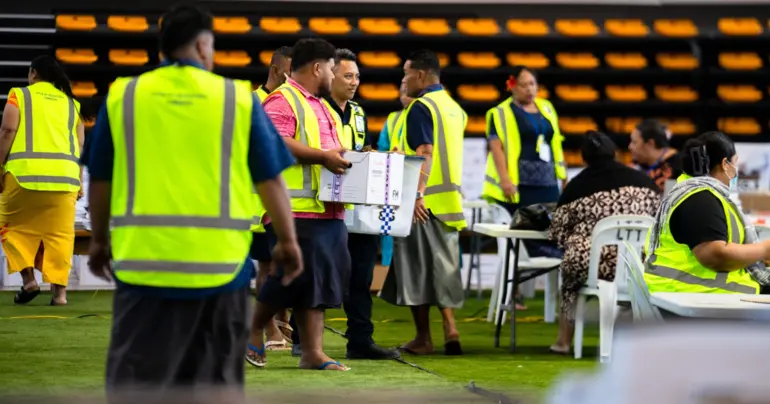There is a reason why buying votes is illegal
An elected official believes that corruption should be legalised. Associate Minister of Health and member of parliament for Faleata No. 4, Ale Vena Ale, wants changes in the law so that giving money to voters becomes legal.
It is a suggestion that cuts through the heart of democracy. In parliament, Ale claimed that everyone spent money during the elections. If he was implying that it was the campaigning, then he is true, but if he is suggesting the voters were given money and everyone did it, he is suggesting the August elections were a sham, because then the votes were not free and fair. They were bought.
Ale said Samoa was a very different country and agreed that money changes hands during elections. He said that under the Electoral Act, this was illegal and wanted a change in the law. The Electoral Act is clear on what corrupt practices during an election are. This means that the foundations of the government are based on corrupt practices. If the top echelon of the government is corrupt, it will seep downwards.
The problem is corruption, which trickles down from the leaders who won the elections with false promises and a handful of cash, and will lead to more corruption. This is the example that is set for the generations to come, who think that spending money to bend the laws is an acceptable behaviour. Ale’s comments contradict the preamble of the Constitution that states that “the authority to be exercised by the people of Samoa within the limits prescribed by God’s commandments is a sacred heritage”, and that “the Leaders of Samoa have declared that Samoa should be an Independent State based on Christian principle.”
Corruption in Samoa has often been guised as tradition and custom. So much so that corruption is fast becoming a culture. This is not the way the nation needs to move. When votes are bought, no guarantee that elected leaders will work for the people they represent.
The unfortunate truth is that corruption persists. It manifests in many ways—from petty bribes and kickbacks to grand theft of public resources. Corruption is also a fundamental problem for development. Corruption harms the poor and vulnerable the most, increasing costs and reducing access to basic services, such as health, education, social programs, and even justice.
It exacerbates inequality and reduces private sector investment to the detriment of markets, job opportunities, and economies. Corruption can also undermine response to emergencies, leading to unnecessary suffering and, at worst, death. Over time, corruption can undermine the trust and confidence that citizens have in their leaders and institutions, creating social friction and, in some contexts, increasing the risk of fragility, conflict, and violence.
The notion of legalising a corrupt practice should not even be there. This means that only those with the means to buy votes will end up in parliament. Then it will no longer be about nation-building but progressing self-interests. We will not see a reduction in the cost of living, the state of our infrastructure will be in tatters, the meth scourge will only become bigger, more and more children will not receive education, and instead of moving forward, we will always be stuck in reverse.
If the elected leaders will not do anything about ridding corruption, the people have the power. Just by saying no to money during voting, people can start the fight against corruption that persists in government and in society.
The five-year journey has just started. Let us wait and see the direction this nation takes.
Have a great weekend.











